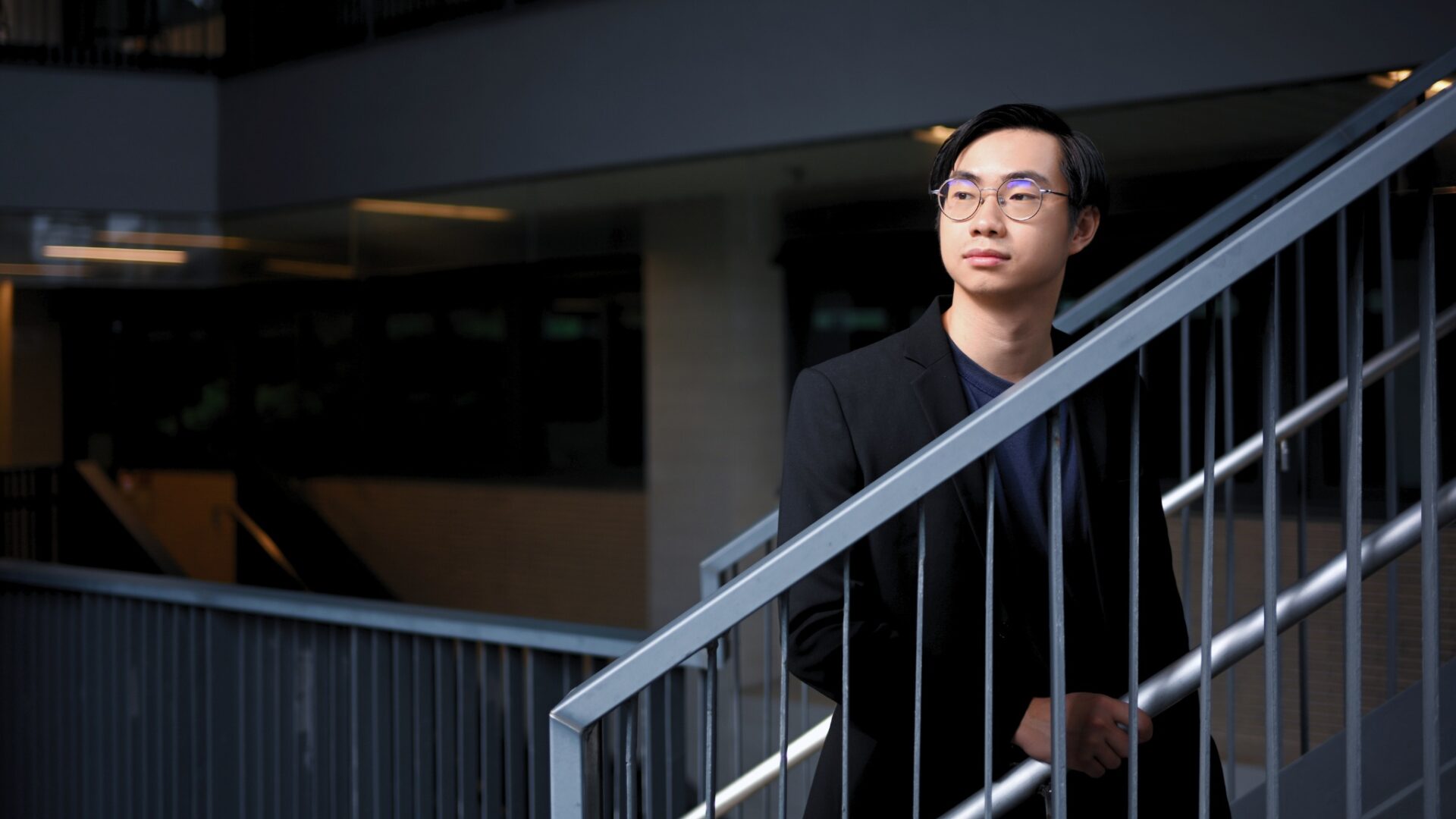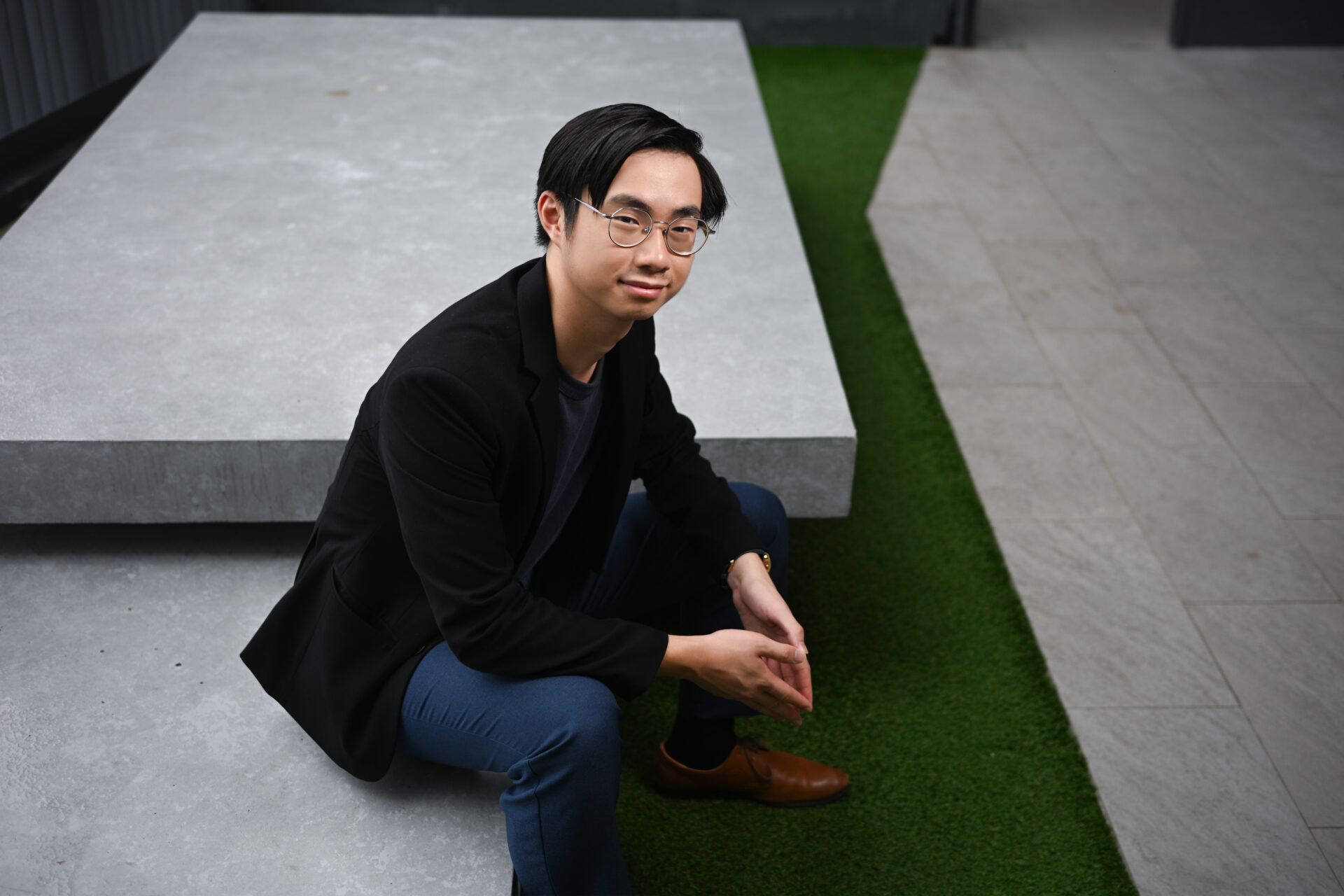The human edge in the AI era: insights from a Gen Z

The recent launch of DeepSeek’s open-source AI models, alongside other democratised AI tools, has intrigued, inspired and energised the world. Businesses can now leverage powerful AI to enhance productivity without requiring substantial infrastructure investments or expensive licensing fees. Likewise, individuals can augment their expertise at little to no cost. The potential impact of AI on business performance is profound – even before DeepSeek’s release, Accenture reported that organisations embracing AI-led processes achieved 2.4 times higher productivity and 2.5 times greater revenue growth. As advanced AI becomes increasingly accessible, this trend is set to accelerate.
However, translating AI capabilities into tangible business value remains challenging. A study by the Boston Consulting Group found that seven in 10 implementation barriers stem from people and processes, while technology issues account for about one-fifth of challenges, and AI algorithms themselves cause merely one-tenth of adoption problems. This distribution underscores the critical role of human factors in AI adoption.
The Gen Z Advantage: Fusing Traditions and Innovations
Ivan Wong Man-yeung (GBS 2022) has witnessed this dynamic firsthand. As a Gen-Z digital native, AI and digital technologies have been integral to his life in his early university years. “From using GPT2 to assist with homework in the past to now deploying AI-powered tools at work – such as delegating administrative tasks to ChatGPT and using AI-powered code editors for software development – these innovations have significantly expanded our capacity. They enable us to focus on growth, productivity and higher-value work,” he explains.
Ivan has harnessed his digital fluency and business acumen to help companies modernise their operations through technology. He co-founded Flowclass, a start-up that helps educational institutions better manage students’ payments and communication processes, and Flowtura, a web marketing agency designed to empower businesses to tap into the digital economy.
However, while Gen-Z entrepreneurs like Ivan champion rapid technological adoption, his experience with SMEs reveals a more nuanced reality. “Many businesses are hesitant because AI cannot yet fully automate critical processes. Tasks that require multiple approvals, reviews and cross-departmental collaboration still demand human oversight and accountability.” Additionally, many SMEs lack the foundational digital infrastructure necessary for AI implementation, and have to digitise their data before utilising AI to its fullest.
“After working with over a hundred educational organisations over the past two years, we realised that both businesses and the economy need time to adapt.” Ivan emphasises the importance of identifying what works for companies and what does not, educating organisations about technological opportunities and providing targeted solutions that address unresolved business pain points where technology can deliver tangible value.
 Ivan’s startup helps educational institutions modernise their operations through technology, aiming to bridge the gap between digital natives and non-native generations.
Ivan’s startup helps educational institutions modernise their operations through technology, aiming to bridge the gap between digital natives and non-native generations.
The New Competitive Edge
Although AI and large language models have made a vast array of knowledge and skills readily accessible – and generative AI has simplified the creative process while streamlining complex tasks – this technological progression simultaneously presents an unexpected challenge for workforce development. As AI increasingly handles – and even automates – entry-level tasks traditionally assigned to graduates and early-career workers, companies are rethinking their hiring strategies for junior positions. A Deloitte study suggests that this automation could reduce entry-level job openings, limiting the on-the-job learning opportunities essential for career growth. This raises a critical question: How will the next generation gain the essential skills for career progression?
Ivan believes that rapid learning and continuous expertise development have become crucial for staying competitive. “There is always the possibility that AI will replace the work of lower-skilled clerical workers. The shelf life of professional skills is also shrinking due to technological disruption. The key is to stay ahead of the curve – proactively positioning ourselves as users of the latest tools rather than risking being replaced by them. Learning faster isn’t just about maintaining our competitive edge – it’s also how we secure our continuing relevance in the future of work.”
He also advocates for the development of learning communities. “For example, Taiwan and Thailand have a strong freelancing culture that allows people to acquire new skills outside of work. Young professionals form communities and discussion groups to share the latest technical knowledge and industry trends, fostering mutual growth. This is a pursuit that would benefit Hong Kong’s young professionals.”

In the era of AI revolution, Ivan believes that rapid learning and continuous skill development are crucial for his generation to stay competitive.
Education for the AI Age
As AI rapidly reshapes the future of work and job roles, how should education prepare the future generation? Beyond imparting hard knowledge and technical skills, Ivan believes it is equally important to teach students how to learn independently, leverage emerging technologies and maintain an open mindset.
“Foundational knowledge remains essential because we need to evaluate what AI produces. For example, without technical competency in web development or design, how can we evaluate whether AI-generated codes or graphics meet the required standards and are fit for purpose? Without understanding business processes, how can we effectively implement automation that truly meets operational needs? While AI enhances our capabilities and offers powerful assistance, we must serve as discerning gatekeepers.”
Given the pace of this ongoing technological evolution, the ability to continuously learn and embrace change is just as crucial. “This way, students can become lifelong learners, capable of navigating and shaping technological change – wherever it may lead.”
Ultimately, Ivan believes success in the AI era hinges on uniquely human soft skills: creativity, communication, teamwork, emotional intelligence, ethical reasoning and a commitment to the welfare of others. “By cultivating these fundamental human capabilities while harnessing AI, we can create a future that enhances – rather than replaces – our humanity.”

